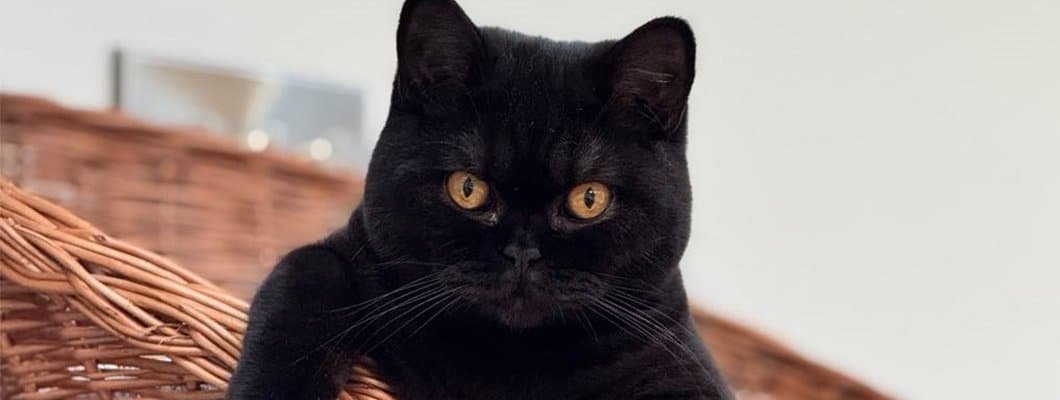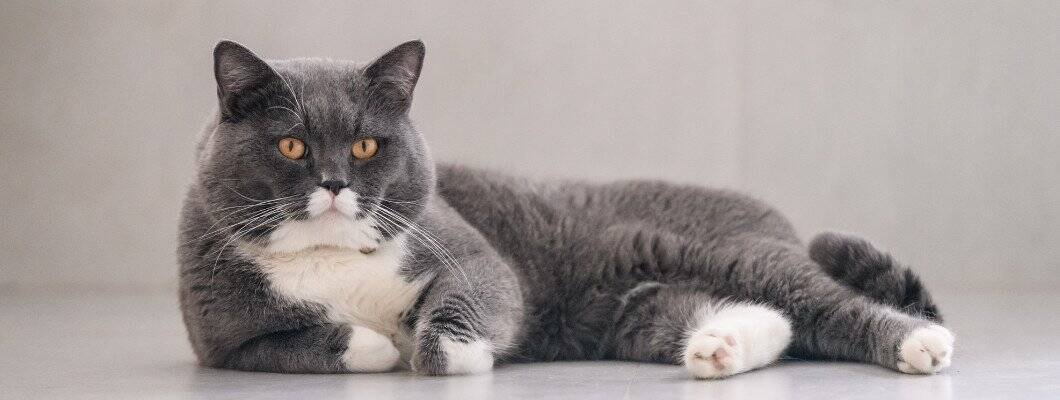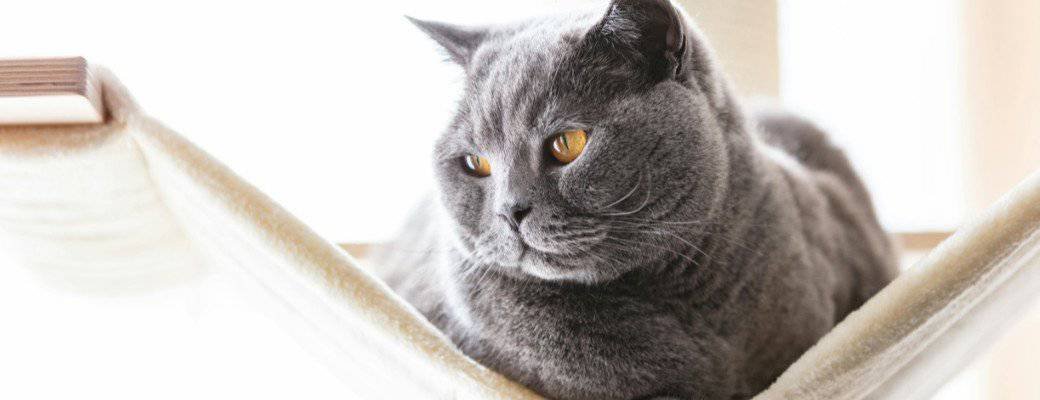One of the first things many British Shorthair owners notice is how quiet their cat is. Compared to the chatty Siamese or the opinionated Bengal, British Shorthairs can seem almost silent. It’s not unusual for a new owner to wonder, “Is something wrong, or are they just... very British?”
As someone who lives with Rosie, my black British Shorthair, I can confirm: being quiet is absolutely part of their nature. But there’s a lot more to it than simply being reserved. Let’s explore why British Shorthairs tend to be quieter cats, when to expect vocalisations, and when silence might need a closer look.


Are British Shorthairs Naturally Quiet?
Yes, British Shorthairs are naturally quiet cats. It’s one of the breed’s defining characteristics. They’re calm, composed, and tend to communicate more with body language than with meowing.
Where other breeds might announce every meal, every bird spotted through the window, and every time you step on a squeaky floorboard, British Shorthairs prefer to observe in dignified silence.
Rosie, for instance, rarely meows at all. When she does, it’s usually a soft little “prrt” to announce she’d quite like a treat or some attention. Most of the time, she simply watches, follows, or nudges with her head if she wants something.
How British Shorthairs Communicate
Just because they’re quiet doesn’t mean they’re not communicating. British Shorthairs use more subtle forms of communication:
Eye contact: A slow blink from a BSH is like a little feline kiss.
Head bumps: Affection and a request for attention rolled into one.
Tail signals: A slow wave or an upright tail shows happiness.
Body positioning: Sitting near you, facing you, or following you shows attachment.
British Shorthairs are masters of silent communication. It’s part of their charm—and part of what makes earning their affection feel so special.


When British Shorthairs Do Vocalise
While British Shorthairs are generally quiet, they can be vocal when they want to be, especially if:
They’re hungry and dinner is late
They’re greeting you after you’ve been away
They’re trying to get your attention (playtime, fuss, or treats)
They’re feeling unwell or stressed
Rosie has a very particular meow she uses if she thinks breakfast is overdue. It’s not loud or demanding, but it’s very pointed, and she’ll sit neatly in the middle of the kitchen to deliver it.
British Shorthairs tend to use their voices sparingly—and when they do, it usually means they really want something.
Should You Worry If Your British Shorthair Is Very Quiet?
In most cases, no. A quiet British Shorthair is perfectly normal. It’s part of their breed temperament.
However, silence combined with other symptoms might warrant a vet check:
Sudden withdrawal or hiding behaviour
Lack of appetite
Lethargy or signs of pain
Changes in litter box habits
If your normally social British Shorthair becomes unusually withdrawn or you notice other changes alongside the silence, it’s best to consult your vet.


Can You Encourage Your British Shorthair to Be More Vocal?
You can encourage your cat to "talk" more by:
Engaging in regular, gentle play sessions
Speaking to them in a soft, friendly voice
Rewarding them when they vocalise with positive attention
But it’s important to respect their personality too. Some British Shorthairs will always be strong, silent types, while others might chatter more if they feel especially bonded to you.
Rosie isn’t a chatterbox, but she does "talk" a little more now than she did as a kitten. It's usually a soft meow when she wants to be let into the conservatory, or a chirrup if she wants to be brushed.
faqS About British Shorthair Vocalisation
Yes. They are among the quieter breeds and tend to communicate more through body language than constant meowing.
No, not if they are otherwise healthy, eating well, and acting normally. Silence is typical for the breed.
Sometimes. As they build trust with their owners, some BSH cats may become a little more vocal, but they’ll always be relatively quiet compared to other breeds.
Not usually. However, if silence is accompanied by other changes like hiding, not eating, or lethargy, consult your vet.
They show it through eye contact, head bumps, following you around, and sitting close by.
Final Thoughts: Are British Shorthairs Quiet Cats?
British Shorthairs are quiet not because they’re cold or unfriendly, but because that’s simply how they are. They’re steady, observant companions who prefer to communicate in quieter, more subtle ways.
Living with Rosie has taught me to appreciate the quiet company of a cat who doesn’t feel the need to announce herself at every opportunity. Her presence is comforting, steady, and very much felt—even without a chorus of meows.
If you want a cat who offers loyal companionship without constant chatter, the British Shorthair’s silent side might be exactly what you’re looking for.
